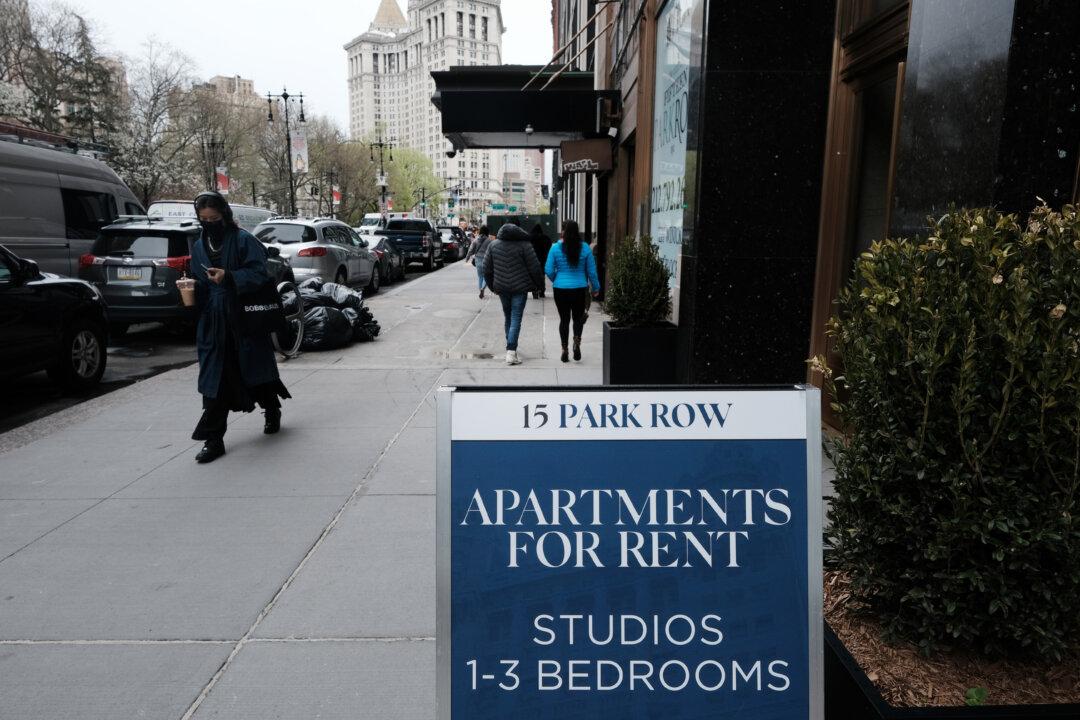The cost of renting a home continues to rise in the United States as more people return to work in metro areas, boosting demand for rental apartments.
A sustained increase in rents could lead to more persistent inflation and challenge the central bank’s view that inflation is “transitory,” experts say.





